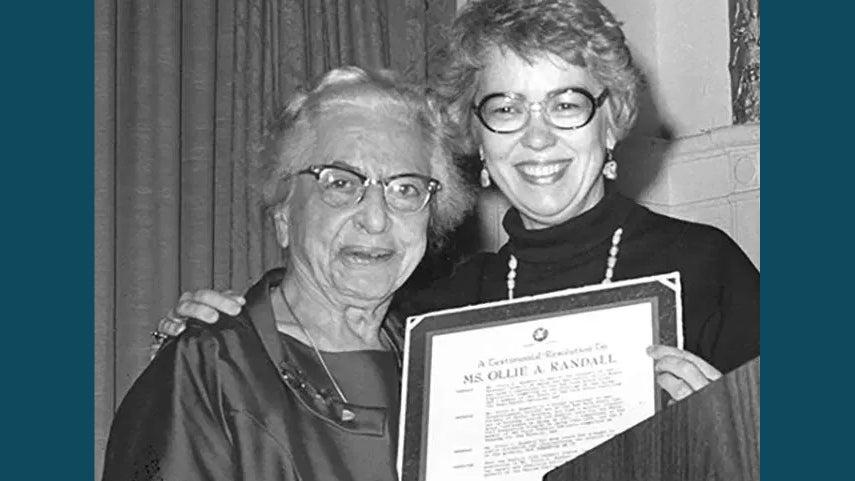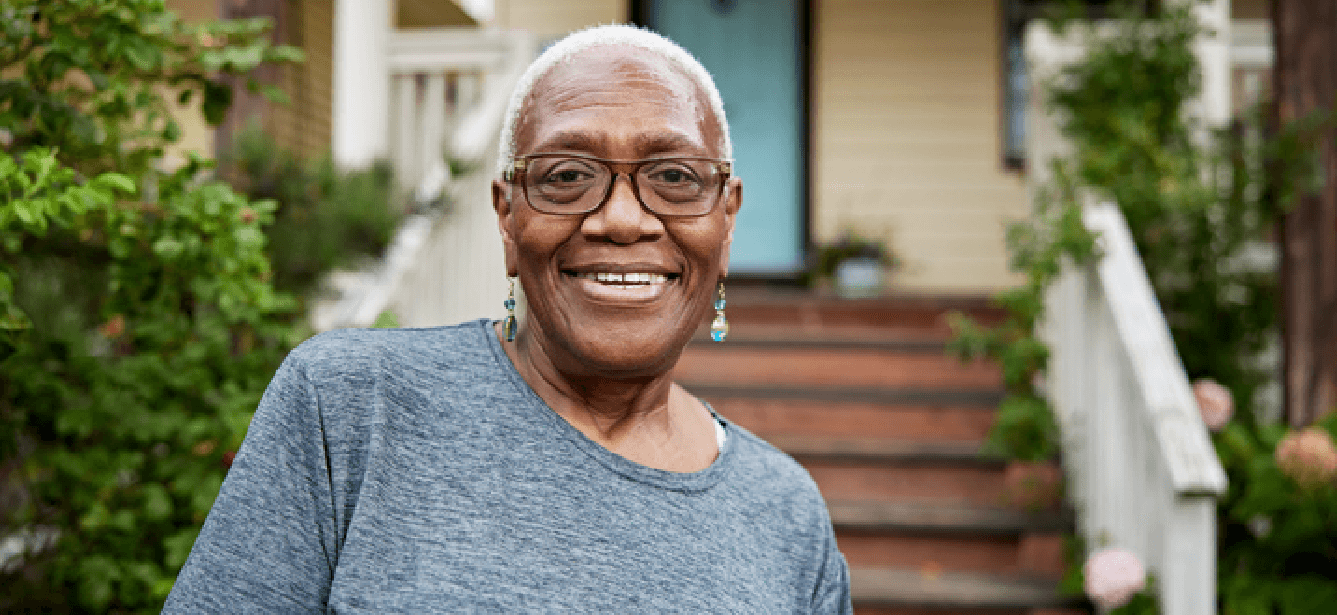
Related Topics
How do we prepare for the gift of longevity? How do we ensure that, as we live longer, we all have the opportunity to age with dignity, purpose, and the resources to live well? How might the public, private, and non-profit sectors contribute to the health and financial resilience of individuals to age well? And how do we as individuals prepare ourselves to make the most of this incredible gift of longer life?
Those were the questions I tried to tackle together one cold early morning last month in #Davos in a thoughtful discussion with Annabel Spring, Martine Ferland, Paolo Marini, and Rich Nuzum, CFA. Although we each shared different perspectives on the issues, we all agreed longevity is a megatrend we can no longer ignore. Our policies, programs, products, and mindsets must evolve. Here are a few key insights from my perspective.
For older adults: It's life's moments that matter
There are key life moments as we age that are inevitable, especially when it comes to the 100-year life. The moments feel so very personal and unique. Yet, when you zoom out, it is powerful to recognize these universal and somewhat predictable milestones:
- We all cycle in and out of the workforce with more changes in jobs than ever before, which means we continually need to learn new skills.
- An unexpected job loss can be a shock to our bank account and our confidence. It can bring into focus what really matters when it comes to feeling meaning and purpose in our job satisfaction.
- Many of us find ourselves caring for children, parents, partners, and other loved ones. Almost everyone provides care at some point in their life.
- Marital status changes due to divorce or the loss of a spouse—a life event that can be very difficult to see beyond.
- Unexpected health issues can also be a hard-hitting curveball. Whether it’s high blood pressure, diabetes, or cancer, 80% of us are likely to develop two or more chronic conditions as we age.
These inevitable experiences are LIFE, and it is not if but when we ALL experience them. But with the love and support of friends, family, and our community we can and we do make it through.
What does it mean to have a longevity portfolio?
Living a longer life means broadening our understanding of the assets we will need to draw upon. I call that a "longevity portfolio,” which includes our health, our skills and work options, our relationships and social connections, our community resources, and our finances.
Nurturing all these assets is critical to our resilience.
Our social connections, for example, are just as important as building our investment portfolio and maintaining our ability to work.
When we experience a job loss or we lose a loved one, we seek help from our closest friends, and we also need a network of what some researchers call “weak” ties. A recent study by Stanford, MIT, Harvard, and LinkedIn found that people with whom we have weaker ties, as opposed to close friendships, tend to have more information that can help us land our next job or settle into a new community when we relocate.
Our ability to ride out challenges is directly connected to the relationships we maintain. But how do we maintain attentive to all these important elements of our longevity portfolio?
A concept that resonates with me is the checkup. Everyone is familiar with health checkups. We see our doctor at regular intervals to make sure we’re on track and are taking the right steps to stay healthy.
At the NCOA, we have expanded this concept to benefits, jobs, and budgets. Can we work as long as we want? What job skills do we need to brush up on to keep ourselves marketable? What’s the latest tip related to building a great resume? Are our finances in order? Are there benefits programs that can help us with daily expenses? NCOA’s online tools build upon this concept, giving older adults the opportunity to take interactive checkups and learn concrete next steps to take to improve their lives.
Now what would it look like to be just as attentive to our relationships, our community, and our social connections?
How NCOA can help older adults design a longevity future
Maximizing the benefits of longevity does not fall just on the individual. We must strengthen and expand our nation’s retirement and health care systems to ensure everyone has the resources to nurture their well-being. It is time to reimagine the social contract to ensure aging well is a right, not a privilege.


